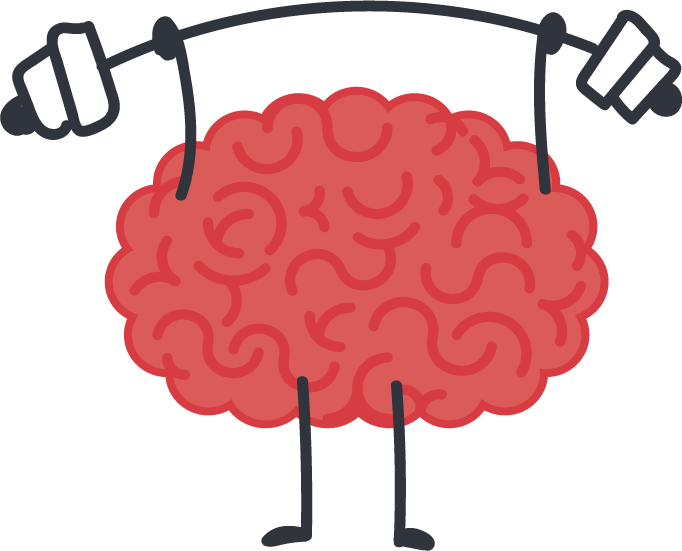Mental Health is about our heart, mind and body coming together.
Our mental health is tied to every part of our lives, at all times of our lives. Mental health influences our emotional, physical, and psychological well-being. The state of our mental health is linked to a lot of different factors, like our environment, our bodies, and our experiences.
Most people will face challenges with their mental health at some point. All of us experience our mental health every day.
What you need to know
You deserve to feel well.
Treating mental health is more complex than medicating a cold or healing a broken bone. It takes time, heart, patience and self-awareness. It could be minutes, months, or years before you find the right treatment, but healing is still possible. If you feel like you can’t do it on your own, it’s always the right time to ask for help. Reaching out can help you feel less alone in your feelings, get perspective on what you’re dealing with, and start you on a treatment regimen if necessary. You can learn more about what it means to find mental health support here.
You deserve to be safe.
If you or somebody you know is experiencing a mental health crisis that puts you or others in danger, call 9-1-1 and request a CIT trained officer. You can learn more about CIT here.
You know your mental health better than anyone else.
You are entitled to all your feelings, good and bad. If someone invalidates your feelings or makes you feel ashamed, that person is not the best person to support you on your mental health journey. Relationships are key for finding healing, so make sure you connect with people who take your well-being seriously.
What you can do
NAMI Chicago has a Helpline that runs 7 days a week (1-833-626-4244). When you call us, you’ll always be connected to a real person. You can let us know what’s going on, and we can help you find ways to get through it.
Talk.
Someone who cares about you and respects you will care about your mental health and wellness.
Learn.
Researching more about mental health and mental health conditions might give you insight into your experiences and help you advocate for the treatment you need. You don’t need to be a doctor to learn more about mental health conditions. Get started here.
Advocate.
You can stand up for yourself by starting a conversation around your mental health. Not everybody has the right answers all the time--that’s why it’s important that you take initiative around talking about your mental health. There are lots of different ways to start the conversation:
What now?
Telling someone how you feel is brave and shows how strong you are. Starting the conversation opens the door to finding mental health support, building deeper relationships, and confronting the fear of being vulnerable.
Every situation is different, and there’s no cookie cutter solution. After starting a conversation around your mental health, a helpful next step might be seeing a therapist or a family doctor for a check-in. To learn more about what this means, go here.
When you tell someone how you feel, you may not get the response you want, but that’s not a reflection of your worth. If you don’t get the response you want from a friend or family member, go to your school social worker, counselor, or staff. NAMI Chicago can help when you call our Helpline at 1-833-626-4244.





